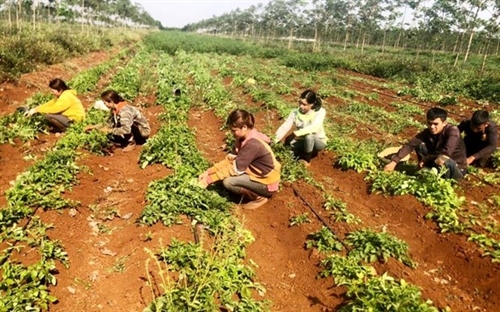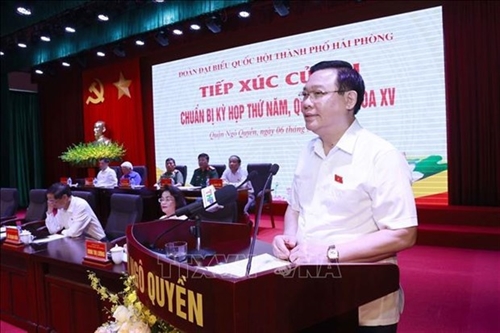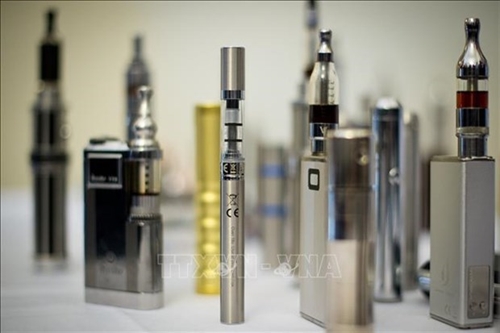On the global map of herbs, Vietnam is assessed to possess a diverse source and its proportion of rare and precious natural medicinal herbs remain quite high, said Tran Minh Ngoc, deputy head of the Ministry of Health’s traditional medicine management department.
 |
| A medicinal herb growing garden according to GACP-WHO standards in Chu Pong commune, Chu Se district, Central Highlands province of Gia Lai__Photo: Nhandan.vn |
Some Vietnamese firms have shipped abroad many types of medicinal herbs, but individually and with a negligible proportion in the worldwide market share of the product. Such a fact requires measures and effort for the country to push the exports capitalizing on its potential of housing about 5,117 herb varieties.
According to Tran Minh Ngoc, deputy head of the Ministry of Health’s traditional medicine management department, using herbal medicines instead of chemical drugs is now a trend worldwide.
On the global map of herbs, Vietnam is assessed to possess a diverse source and its proportion of rare and precious natural medicinal herbs remain quite high, Ngoc said.
One of the reasons why Vietnamese herbs have a marginal share in the total revenue of the global pharmaceutical market is that the majority of their exports are in the form of raw materials.
To penetrate deeper into the global market, Ngoc advised Vietnamese enterprises to invest heavily in science-technology applications and varieties and to form large-scale plantations that comply with the standards and regulations of importing countries.
In addition, the Ministry of Health has so far submitted to the Prime Minister for approval a program on developing the local pharmaceutical industry and domestic production of medicinal herbs by 2030, with a vision to 2045. The scheme covers many specific policies to support participating enterprises, such as preferential investment in scientific research, the production of high quality herbal medicines, and the development of national-branded herbal medicines.- (VNA/VLLF)









